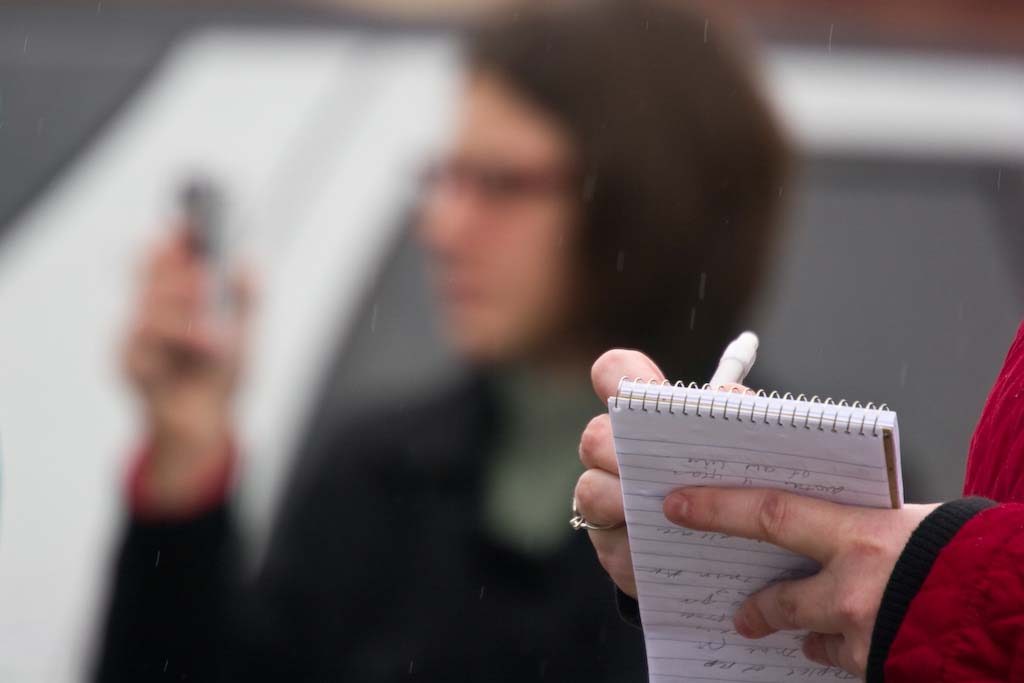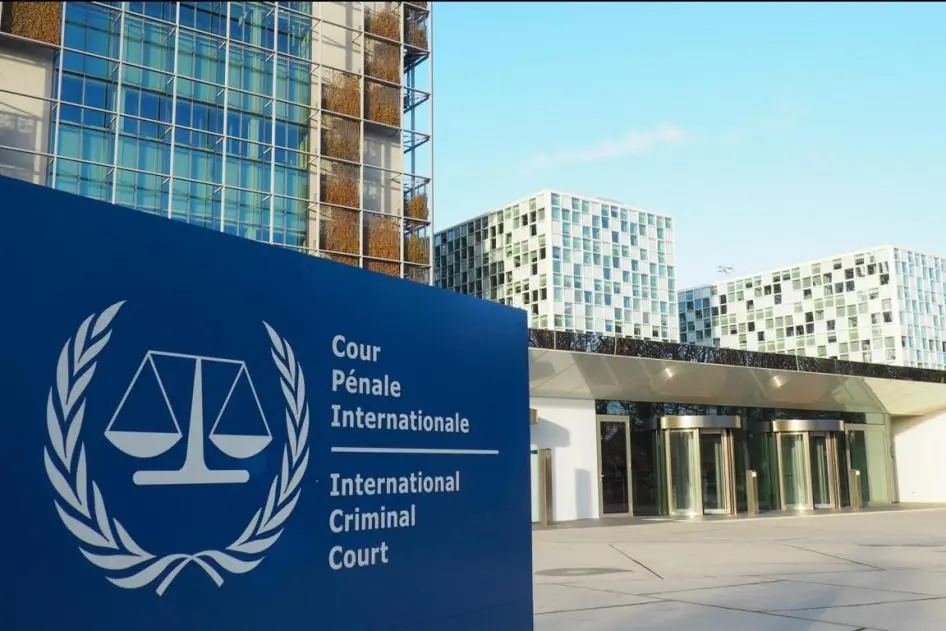At least 12,300 journalists from several media outlets received accreditation at the time to cover the World Cup.
Qatar has ranked as the third top Arab country for press freedom, jumping by 14 points in global rankings as per Reporters Without Borders’ (RSF) 2023 World Press Freedom Index.
Offering a positive outlook for media freedom in Qatar, the RSF report ranked the Gulf state as number 105 out of a total 180 countries worldwide and noted it is one of the few in the region to rise in the index.
Comoros took the top position in the Arab world and was shortly followed by Mauritania. Syria was ranked the lowest in the region as it continues to face a years-long devastating conflict.
RSF attributed the latest progress to Qatar’s “World Cup spotlight”, under which it said the country eased media access.
“Under a spotlight and in a bid not to tarnish the country’s image, the authorities relaxed some of the rules obstructing the media, even if some subjects were still difficult to cover,” RSF said.
The report also pointed to the key role of Al Jazeera and highlighted what it described as “a small seed of pluralism” that can be found in Doha News. RSF said the return of the leading independent outlet contributed to the improvement of Qatar’s press freedom rankings after it was blocked by internet service providers in late 2016.
Doha News relaunched in 2020 under new management and a new team.
However, it said that journalists still face hurdles to carry out their duties, citing the 2014 and 2020 cybercrime law that criminalises spreading “fake news” online.
Introduced in 2014 and amended in 2020, the penal code made spreading or publishing ‘fake news’ punishable by up to five years in prison or a fine of 100,000 QAR ($27,500) and makes spreading rumours or false news with ill-intent punishable by up to five years in prison.
The index defines press freedom as “the effective possibility for journalists, as individuals and as groups, to select, produce and disseminate news and information in the public interest, independently from political, economic, legal and social interference, and without threats to their physical and mental safety.”
RSF also pointed to apparent limitations on freedom of expression in Qatar, using the case of Kenyan blogger Malcolm Bidali, a vocal campaigner for migrant worker rights.
Bidali wrote for Migrantrights.org (MR) under the pen name Noah to bring attention to the struggles of the community in Qatar. Bidali was detained in May 2021 for allegedly using ‘foreign funds to propagate disinformation’, though he has dnied those allegation.
The activist was allowed to leave the country in August last year after paying a hefty fine.
World Cup press
In the lead up to the 2022 FIFA World Cup in Qatar, the Gulf state was put under the global spotlight by the press.
During what was widely dubbed as “the best World Cup” in the tournament’s history, the Gulf state welcomed millions of fans from different backgrounds while opening up to international and local press.
At least 12,300 journalists from several media outlets received accreditation to cover the event at the time. Fully equipped media offices were made available for journalists to access throughout the event and across the country.
Right to information
Last year, Qatar’s Shura Council approved a draft law regulating access to information, a move that was widely praised and viewed as a positive development in its freedom of expression.
In a bid to “keep pace with global developments” with regards to accessing information, Qatar’s Cabinet approved a draft law on the matter in March 2022.
It regulated “the right to obtain information” and was referred to the Shura Council at the time, the body which stamps the final decision.
The draft law was prepared by the Administrative Control and Transparency Authority and was seen as a positive move towards achieving more transparency in the country, given that no country in the Gulf region has a Right to Information act, though some have variations of it.
While no further details were provided on the draft law, it would potentially bump up Qatar’s position in terms of media freedom, as it would enable professionals in the sector to perform their jobs with fewer obstacles.
According to a 2016 report by The Peninsula, the draft law was previously recommended by the Doha Centre for Media Freedom at the time, in collaboration with the Qatar Lawyers Association and National Human Rights Committee.
However, there had been no updates on it since the Doha Centre for Media Freedom was shut down in 2019 for reasons that remain unclear.







